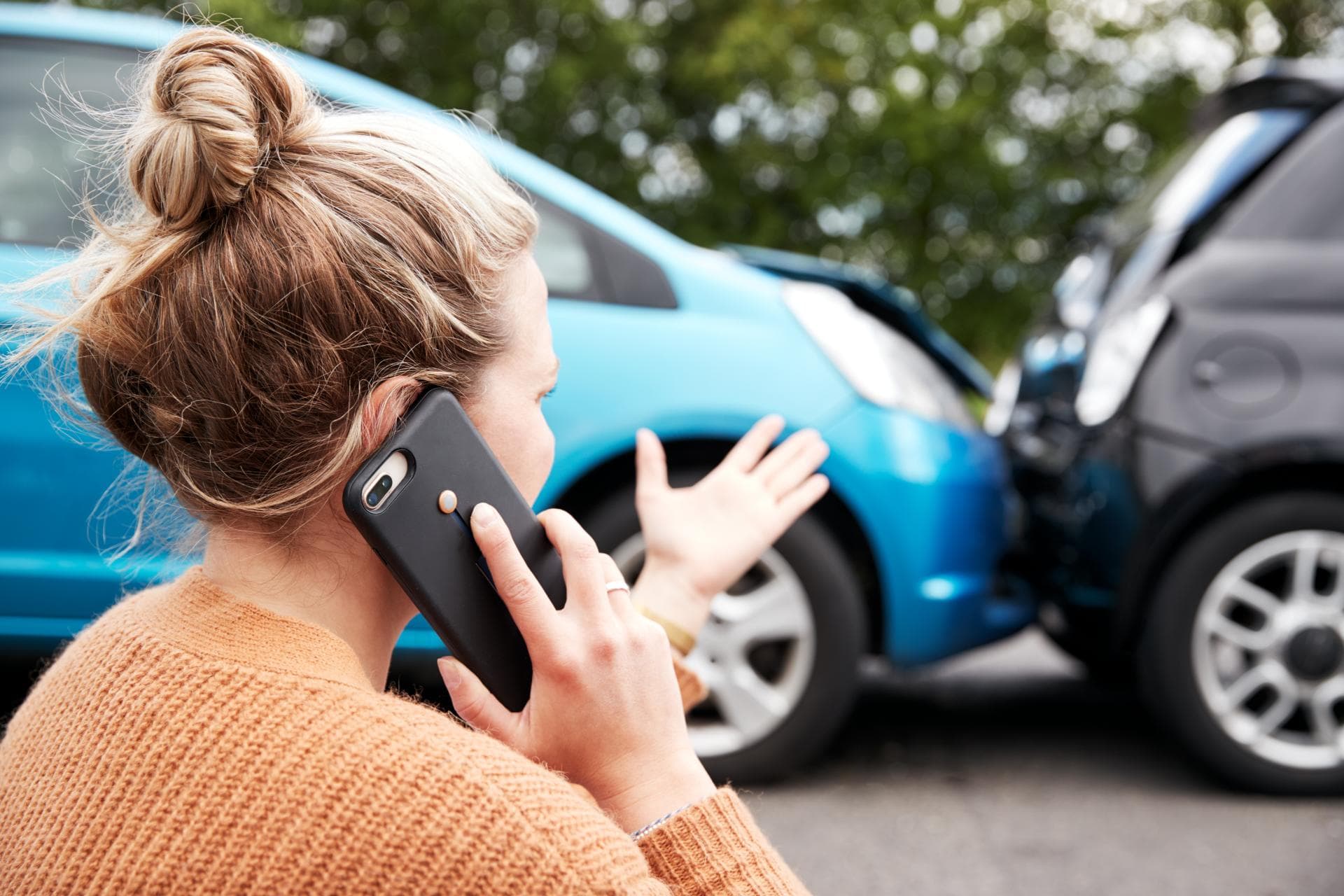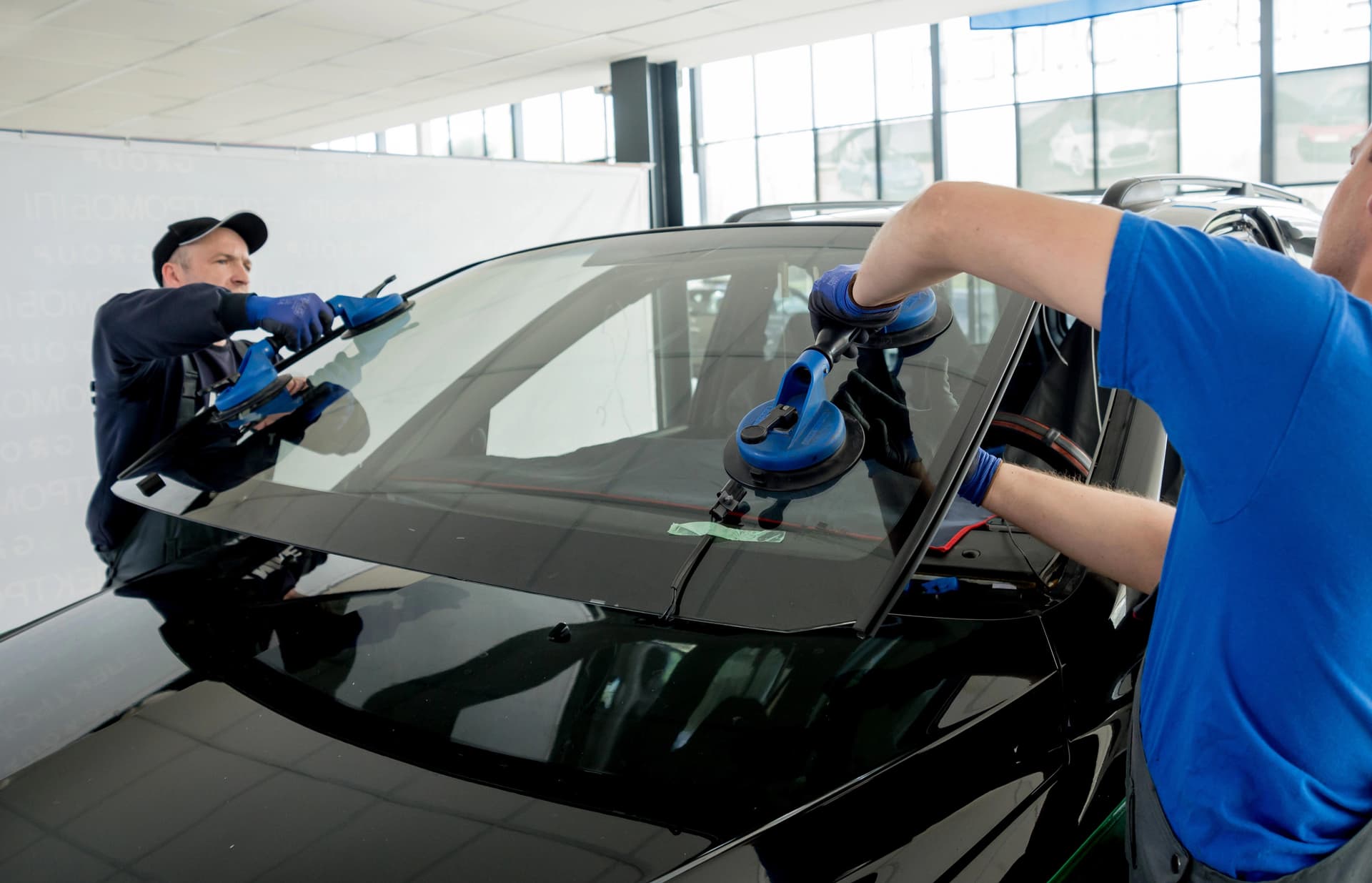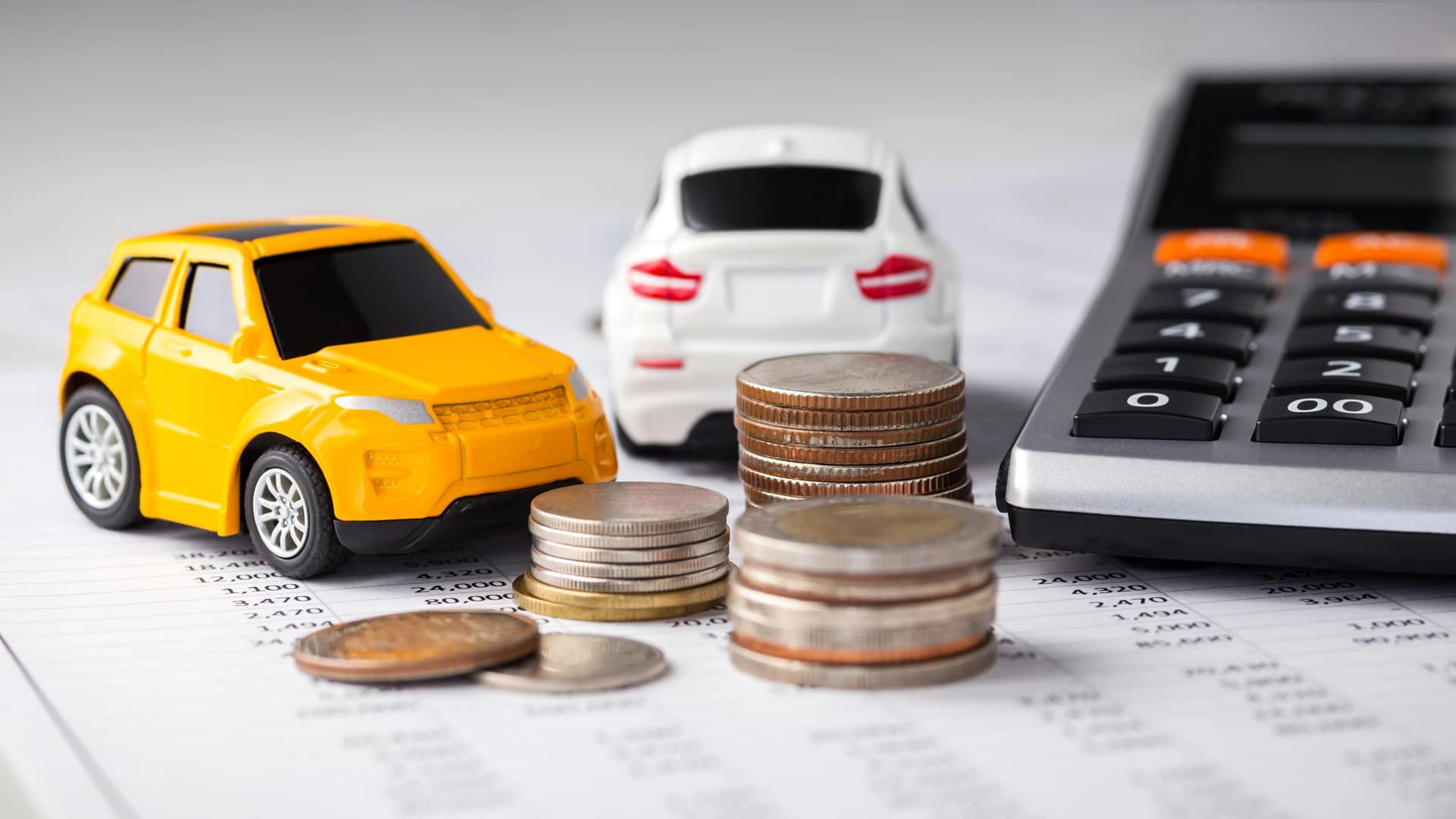
Blog
What to Do When the Insurance Deems Your Car a “Total Loss” (2025)
Car a total loss in Switzerland? Get the full guide on VVA, Eurotax, how to negotiate settlement, and Swiss insurance rights.

Introduction
What Does It Mean When the Insurance Company Totals Your Car?
- Technical Total Loss: The car is physically impossible or unsafe to repair. The damage is structural and cannot be reliably fixed, rendering the vehicle permanently unfit for the road.
- Economic Total Loss: This is the more common scenario. The car could be repaired, but the cost of doing so (plus estimated associated costs like rental cars and administrative fees) surpasses the economic viability threshold set by the insurer or the local legal standard.
- Perte totale économique or Wirtschaftlicher Totalschaden (Economic Total Loss): Repair costs (including VAT, labor, parts, and deductions) typically cannot exceed 60–65% of the ACV.
- Perte totale technique or Technischer Totalschaden (Technical Total Loss): The vehicle is damaged to the point where safety cannot be guaranteed, and the Swiss Road Traffic Office will refuse to grant an operating permit (Fahrzeugausweis). All vehicles in Switzerland are governed by strict federal traffic laws.
How Insurers Decide Your Car Is a Total Loss

The ACV Calculation in Global Settings
- Depreciation: The most significant factor, based on age and mileage.
- Condition: Maintenance records, general wear and tear, and pre-existing damage.
- Upgrades: High-quality, demonstrable upgrades (like premium wheels or sound systems) can slightly increase ACV, provided they were documented.
- Comparables (Comps): Prices of recently sold, similar vehicles in your local market.
Eurotax and Thresholds in Swiss-Specific Process
- Eurotax / DAT System for Valuation: Swiss insurers primarily use the Eurotax system to establish the precise market value (Verkehrswert). This tool provides an objective national benchmark based on vehicle specifics (age, mileage, options), resulting in a more predictable initial valuation than global ACV methods.
- Typical Swiss Thresholds: Insurers use a conservative economic threshold, usually 60% to 65% of the replacement value, as mentioned. If repair costs surpass this limit, the insurance deems the car a total loss, preventing investment in repairs that yield diminishing returns.
- Role of Independent Experts: For severe claims, the insurer appoints an independent expert (Gutachter) whose standardized assessment determines the total loss declaration. You maintain the right to challenge this assessment with your own expert opinion.
What To Do If Your Car Is Totaled? A Step-by-Step Guide
- File the Claim Quickly: In Switzerland, you should inform your insurer (or the other party’s insurer) as soon as possible, ideally within 24–72 hours. Delays can complicate processing.
- Tow to an Insurer-Approved Garage: Your insurer will usually guide you on towing. Ensure the vehicle is secured at a location where the Gutachter can easily inspect it.
- Collect Paperwork: Gather all necessary documentation. This includes the accident report, photos of the damage, and crucially, your Fahrzeugausweis (vehicle registration document). This document is essential for the valuation process and eventual transfer of ownership.
- Research Your Car’s ACV/Market Value: Don't rely solely on the insurer's initial figure. Use public portals or, ideally, get an independent Eurotax valuation. Knowing the true market value puts you in a stronger negotiating position.
- Contact Your Lender/Lessor (If Financed): If the vehicle has outstanding debt (loan or lease), your lender/lessor has a financial interest. They must be notified, as the settlement check will typically be made payable to both you and the financing institution.
Who Pays When an Insurance Company Totals Your Car?
Global Coverage Options
- Liability Insurance: Covers the damage you caused to the other driver's vehicle. If the other driver was at fault, their liability coverage pays for your loss.
- Collision Insurance: Pays for damage to your vehicle if you are at fault.
- Comprehensive Coverage: Pays for non-collision events (theft, fire, hail).
Swiss Coverage Modules
- Responsabilité civile (Mandatory Liability): This is legally required and only covers damages you cause to others—it will not pay for your totaled car if the accident was your fault.
- Casco partielle (Partial Casco): This covers specific, non-collision events like theft, fire, animal damage, and glass breakage. If your car is totaled due to a hailstorm or fire, Teilkasko pays, regardless of fault.
- Casco complète (Full Casco): This is the essential protection against a total loss if the accident was your fault. It combines Teilkasko with collision coverage (Kollisionsschaden). If you caused the accident and the insurance company totaled my car, your Vollkasko policy covers the loss.
- Optional Add-ons: Many Swiss policies offer add-ons like Valeur à neuf (new-for-old replacement) or Garantie du prix d’achat (purchase price guarantee), which significantly increase the payout for newer cars, preventing a large gap created by rapid depreciation.
How Much Will You Get Paid for a Totaled Car?

- ACV: The market value determined by the Eurotax system.
- Deductible: The fixed out-of-pocket amount. If the loss was caused by the other driver, their liability insurance covers the loss, and you pay no Franchise.
- Salvage Value: Subtracted from the payout if you choose to retain the totaled car (e.g., for parts or off-road repair).
- The insurer pays the lender CHF 24,000.
- You still owe the lender the CHF 6,000 gap.
What If You Disagree With the Insurer’s Valuation?
How to Negotiate Effectively
- Independent Appraiser: Your most potent tool is an independent Gutachter (expert appraiser) you hire yourself. Their professional valuation, based on the same Eurotax data but factoring in specific conditions or recent maintenance, can be used to counter the insurer's figure.
- Evidence is Key: Gather concrete evidence of comparable sales in your Swiss region. Print out listings for identical models (year, mileage, options) sold recently. Provide receipts for major recent maintenance or upgrades that the insurer may have overlooked.
- Formal Counter-Proposal: Submit a formal, written counter-proposal detailing your evidence and citing the difference between your calculated value and the insurer's offer.
Swiss Avenues for Escalation
- Ombudsman for Private Insurance: This independent and neutral body offers free mediation services for disputes between private individuals and Swiss insurance companies. You can find more details on the Ombudsman’s official website. It is often the required first step before legal action.
- Arbitration/Legal Action: If negotiation fails and the value difference is significant, you may need legal representation. The Swiss system favors mediated resolution, but legal action remains an option.
Do You Need a Lawyer for a Total Loss Case?
- Low Valuations/Unfair Settlements: When the insurer’s offer is substantially lower than market value and negotiations stall, a lawyer can draft a formal, legally binding demand letter, often achieving a better settlement.
- Disputed Fault: If the liability determination is unclear (e.g., a multi-car pileup), and the insurer of the at-fault party is refusing to pay, legal counsel is indispensable.
- Complex Coverage: Cases involving commercial vehicles, antique cars, or non-standard insurance policies often require a legal expert to interpret the contractual fine print.
Getting Back on the Road After a Total Loss
- Buy New or Used: The settlement money serves as the foundation for your next purchase. If you had gap coverage or new-for-old coverage, your purchasing power would be significantly stronger.
- Lease: Leasing offers predictable monthly costs but locks you into a contract. Ensure you understand the terms, especially relating to total loss coverage in the future.
- Consolidate Debt: If you had a significant gap you needed to pay off, consider refinancing that debt into a personal loan with favorable terms to minimize the long-term financial impact.
FAQ
Yes, if you were at fault and your own Vollkasko (Full Casco) insurance paid the claim, you must pay your agreed-upon Franchise (deductible), which is subtracted from the final settlement amount. If the other party was at fault, their liability insurance covers the entire loss, and you pay nothing.
Conclusion
Loïc Niclasse
Blog & News
Our latest articles
Find our latest news, articles, and expert advice to help you choose the best insurance solutions.

Windshield Replacement and Insurance: What You Need to Know
Learn how windshield replacement and insurance work in Switzerland. Get expert tips on 2026 costs, ADAS calibration, and claim processes.
Julie Favre
28 January 2026

How to Lower Car Insurance Premiums: 10 Effective Ways to Save
How to lower car insurance premiums: Choose the right coverage, increase your deductible, use safe driver programs, maximize your no-claim bonus, etc.
Julie Favre
20 January 2026

How to Cancel Your Car Insurance: A Complete Guide for Swiss Owners
Learn how to cancel your car insurance in Switzerland. Understand cancellation policies, notice periods, and the best time to submit your request.
Julie Favre
14 January 2026
